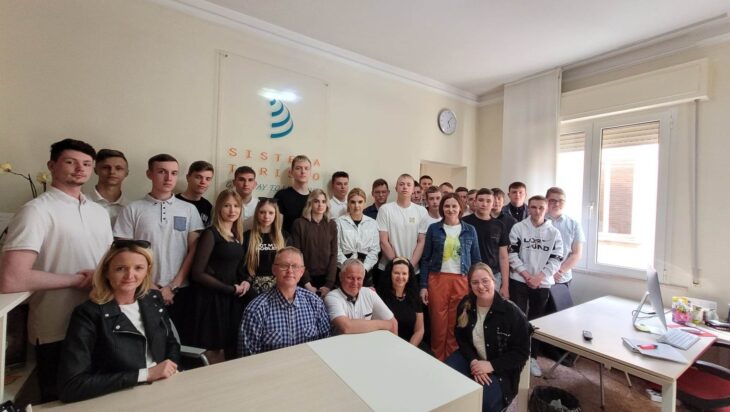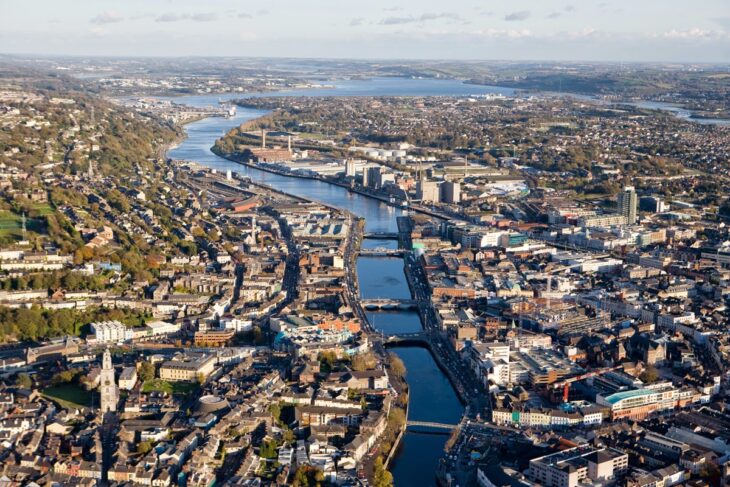With the end of the Second World War and with a weakened and destroyed Europe, there was a geopolitical reorganization as a result of the alignments of the States during the conflict in which the two great world powers that had played a fundamental role during the war predominated: U.S.A. and Soviet Union.
Europe was literally divided in two: on the one hand the Western nations close to the USA and on the other the Eastern nations faithful to the principles of Soviet communism.
Thus began the period of the Cold War, which had to ensure peace and democratic leadership after the atrocious Nazi dictatorship and after a war that had caused over 40 million deaths.
The adjective “cold” derives from the fact that it was absolutely impossible to start a real war to resolve the conflicts that emerged immediately after 1945 between the two superpowers who disagreed on the redefinition of European borders and both had ambitions of control over several territories, but they fought with the weapons of propaganda, economics, politics.
One of the symbols of this historical period was precisely Germany, a defeated nation that was divided, without the possibility of exchanges or relations, into two parts: West Germany or American/West German Federal Republic and East Germany or Soviet/Eastern German Democratic Republic. The capital itself was divided into two parts, East Berlin and West Berlin, and a wall was even built in the city in 1961, an emblem of this separation: the most famous wall in the world was about 4 meters high and made up of about 160 km of reinforced concrete. that cut in two everything they found along the way, not only geographical borders but also roads, territories, rivers, houses, families, neighborhoods.
This situation went on for almost 30 years until November 9, 1989, the historic date of the fall of the Berlin Wall, which was the symbol of the end of the Cold War throughout Europe: that day thousands of German citizens showed up with sticks and picks to demolish that barrier that for decades had negatively marked their lives. After less than a year, on October 3, 1990, Germany reunified and returned to being a single nation: from that moment on, history changed, that geopolitical system set up in 1945 and the division of Europe into two blocks was about to be permanently cleared.
What remains of the wall today has been covered with many colorful murals made in 1990 by over 100 artists from about 20 countries and can be visited in different points of the city of Berlin: do you recall the famous kiss between the leader of the Soviet Union Brezhnev and East German President Honecker as a fraternal greeting in an official ceremony by Russian artist Vrubel in 1990?
That is one of the murals that students and teachers from all over Europe can see thanks to mobility projects, such us Erasmus+, welcomed and accompanied by the staff of our Berlink training agency based in Berlin.
So the city that for years was divided by the wall is now united by the same wall, whose representations have now become just nice souvenirs and a must-see for students and teachers who want to take home a small piece of a long history, the history of a Europe capable of uniting and rebuilding itself on the ruins of a terrible war and returning to life thanks to the strength of its principles and values.
Written by Anna Carla Ronchi



















